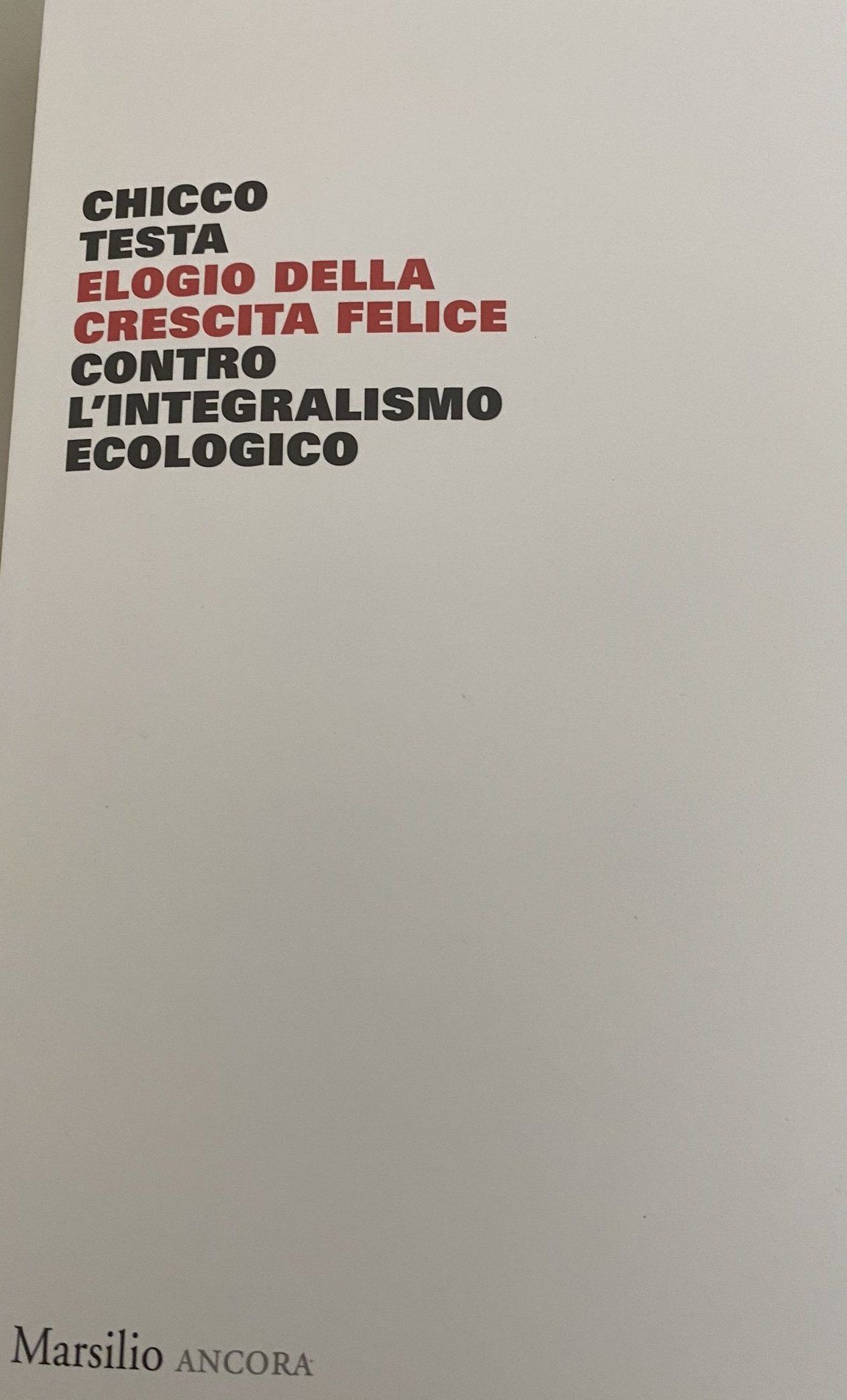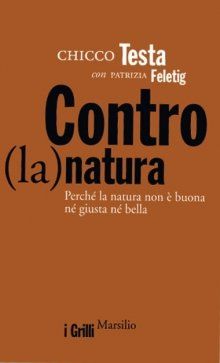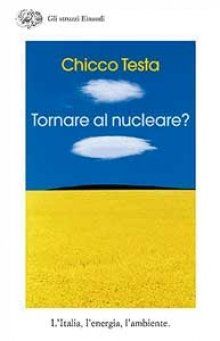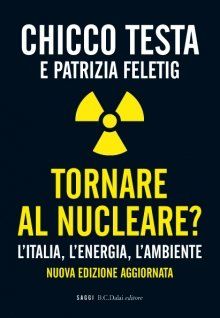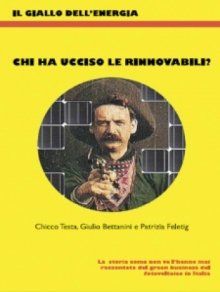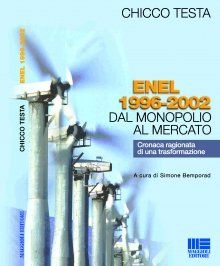In praise of happy growth. Against ecological fundamentalism
Whether in Parliament, on social networks or at dinner with friends, today everyone is convinced that they are "environmentalists". But if opinions often contradict each other fall into this category, in recent times a single narrative seems to have established itself, which sees the part of the victim, besieged by human presence, the planet Earth, and as the only solution to avoid extinction that to slow down the race of progress, and thus happily decrease towards a more just and sustainable world for all. It is the same ideology that, following the example of Greta Thunberg, has brought thousands of young people to the streets shouting "our house is on fire!", Or that has prompted eminent intellectuals to ask themselves whether in times of global pandemics and deforestation wild had not become "we the virus of the Earth". To these often unfounded theories Chicco Testa, who first dealt with environmental issues as president of Legambiente and then of Enel, opposes a conscious and wide-ranging point of view, placing the need to support scientific and economic progress, the only one able to improve energy efficiency, reduce air pollution and ensure wealth and well-being for future generations. Moving from the false myths of biodynamic agriculture and the danger of GMOs to concrete cases such as those of Ilva, Tap and 5G, the author offers a vademecum to defend oneself from the extremisms of radical ecologism and reiterate that the main enemy of the environment is not is man, but poverty.


